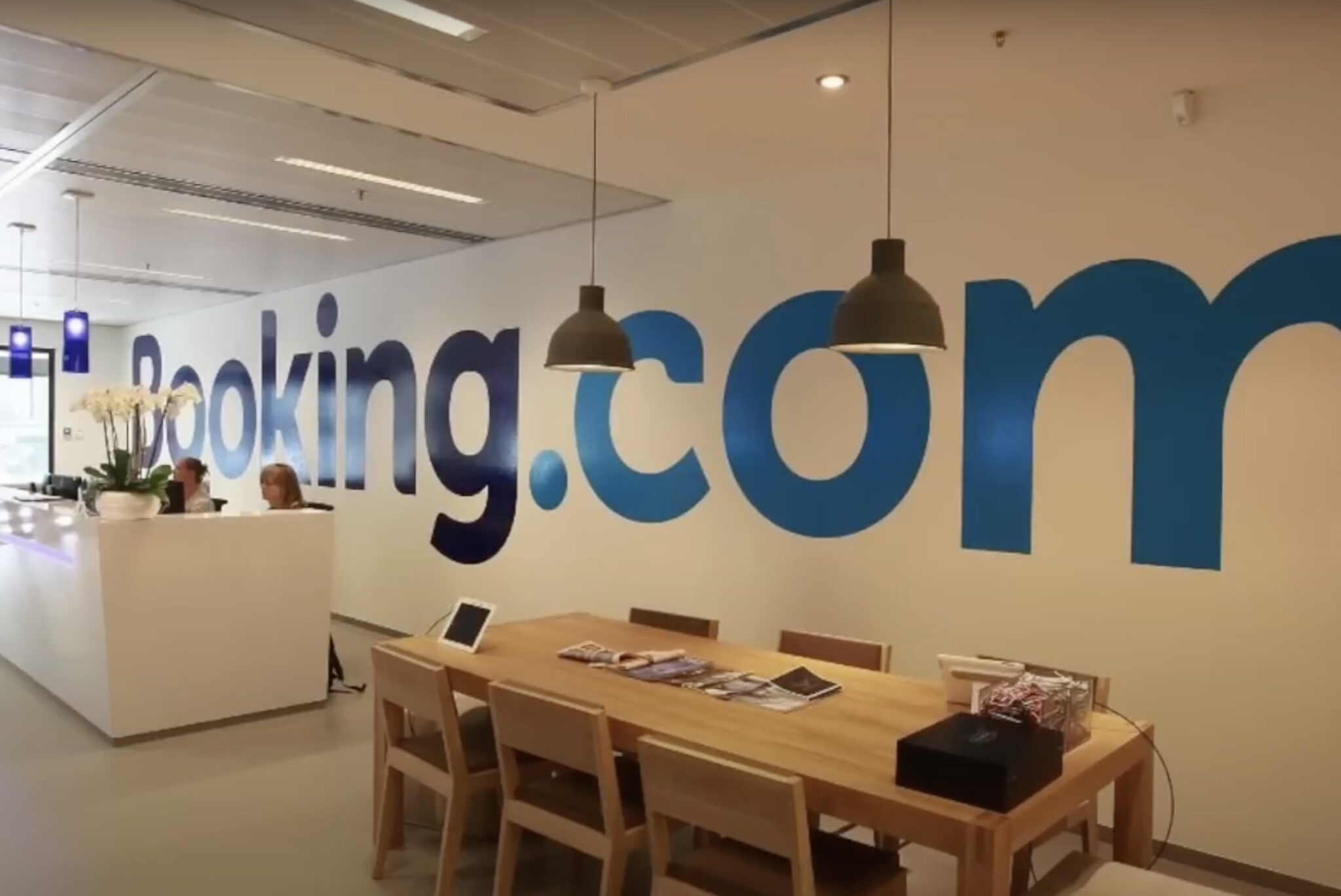Booking Holdings Layoffs Would Be Less Severe Than in 2020

Skift Take
Booking Holdings resumed hiring fairly aggressively after the pandemic, but is now trimming its workforce as part of a plan to get a handle on costs. A major part of the reorganization is to figure out the best areas for investment.
Looming layoffs at Booking Holdings next year would be substantial but not as seismic as the 23% workforce reduction that it announced in 2020.
The company stated in a financial filing Tuesday that it expects to achieve $400 million to $450 million in annual run rate expenses from a reorganization — and one-third of that would come from layoffs. It announced last month that a reorganization would be coming.
If the proportion of layoffs to cost savings in 2025 resembles

